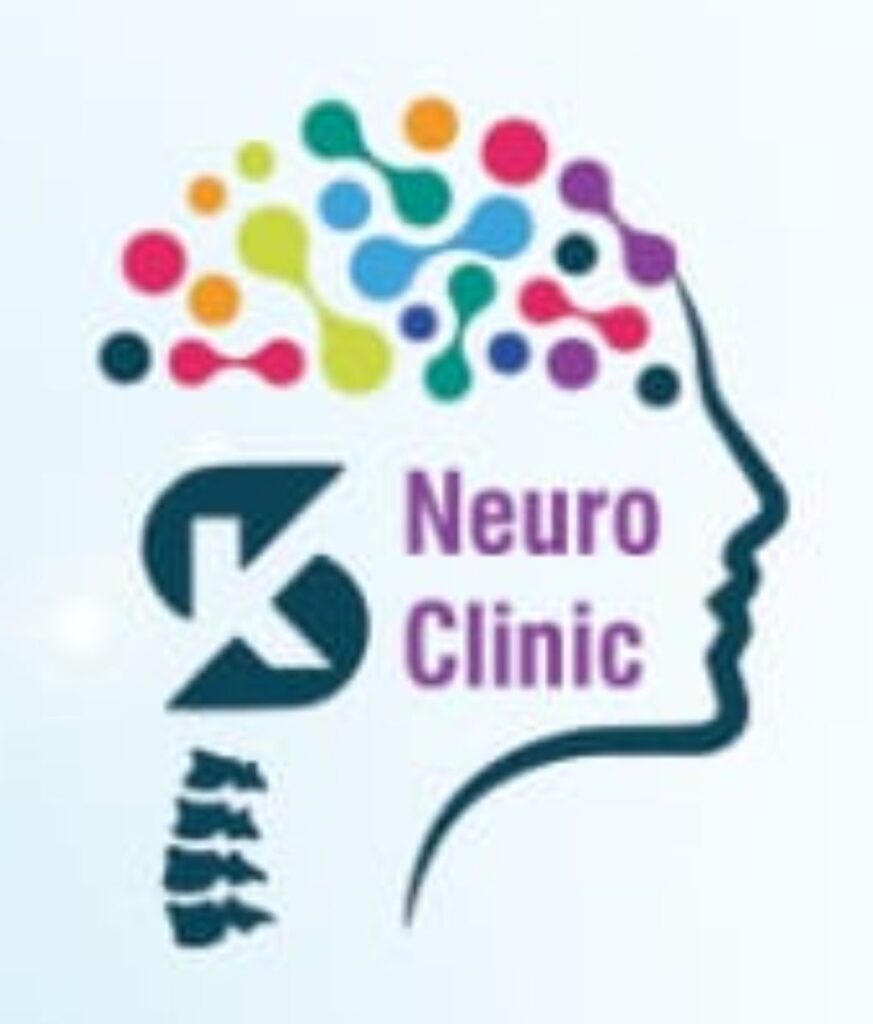What is Tourette Syndrome?
Tourette syndrome is a neurological condition that causes people to make sudden movements or sounds called tics. These tics are hard to control. Usually, Tourette syndrome starts in childhood, often between ages 5 and 10. Although tics can be mild, some people have more noticeable symptoms. Because Tourette syndrome is a lifelong condition, learning about it can help families and individuals manage it better.
Common Symptoms
People with Tourette syndrome have tics. Tics are quick, repeated movements or sounds. Importantly, these tics come and go over time. There are two main types:Motor tics: Movements like blinking, shrugging, or head jerkingVocal tics: Sounds like grunting, throat clearing, or saying words
Additionally, symptoms can change as a child grows. Some common tics include:Eye blinkingFacial grimacingShoulder shruggingSniffingRepeating words or phrases
While most tics are mild, stress or excitement can make them worse. However, tics often improve as children become teenagers.
Causes and Risk Factors
Doctors do not know the exact cause of Tourette syndrome. However, research suggests that changes in certain brain chemicals play a role. Genetics also seem important. If a parent has tics or Tourette syndrome, their child is more likely to have it too. Some risk factors include:Family history of tics or Tourette syndromeBeing male (boys are more likely to have it than girls)Problems during pregnancy or birth
Even though these factors increase risk, not everyone with them will develop Tourette syndrome.
How Tourette Syndrome is Diagnosed
Doctors diagnose Tourette syndrome by looking at symptoms and medical history. There is no single test for it. Usually, a neurologist or specialist will:Ask about tics and when they startedCheck if tics have lasted at least one yearLook for both motor and vocal ticsRule out other conditions that can cause tics
Sometimes, doctors may order tests to make sure nothing else is causing the symptoms. For example, they might use blood tests or brain scans. However, these tests are not always needed.
Treatment Options
Many people with Tourette syndrome do not need treatment if tics are mild. However, if tics cause problems at school or home, treatment can help. Treatment options include:Behavioral therapy: Teaches ways to manage or reduce ticsMedicines: Help control tics if they are severeSupport at school: Special plans or help for learning
In rare cases, doctors may suggest other treatments. For example, deep brain stimulation is used only when other treatments do not work. According to the CDC, most children see improvement in their tics as they grow older.
Living with Tourette Syndrome: Tips and Support
Living with Tourette syndrome can be challenging, but support makes a big difference. Here are some helpful tips:Learn about Tourette syndrome and share information with othersJoin support groups for families and childrenTalk to teachers so they understand your child’s needsPractice stress-reducing activities like deep breathing or exerciseEncourage your child’s strengths and interests
Moreover, having a strong support system helps children feel confident and accepted. Many people with Tourette syndrome lead full, happy lives.
Prevention and Outlook
Currently, there is no known way to prevent Tourette syndrome. However, early diagnosis and support can improve quality of life. Most children see their tics become less severe as they get older. With the right help, people with Tourette syndrome can do well in school, work, and social life. If you notice tics in your child, talk to a doctor for advice and support.
Consult a neurologist or specialist for personalized advice on Tourette syndrome.

